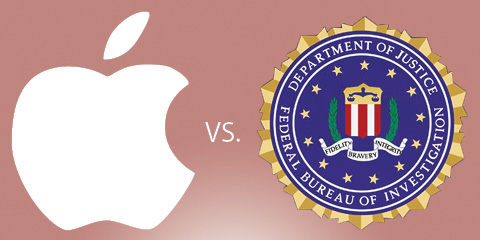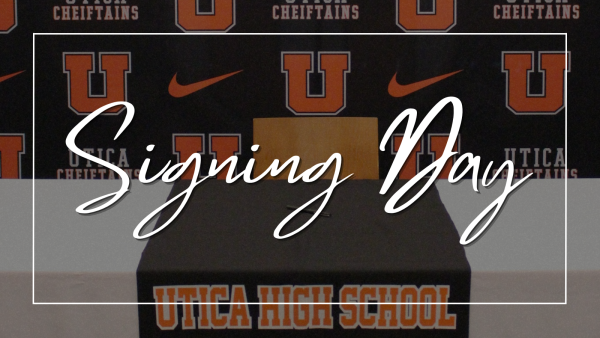Apple, FBI, and a terrorist’s iPhone
Imagine if the key to putting a known criminal behind bars was a simple password. A password to an iPhone that could have incriminating details on it. Is it okay to break into the iPhone? This situation is identical to what is happening in the aftermath of a horrific massacre in San Bernardino, California.
The San Bernardino incident occurred on Dec. 2, 2015 at an office party for local government workers. The suspects, Syued Farook, and his wife, Tashfeen Malikm, entered the party and opened fire on Farook’s coworkers.
The incident claimed the lives of 14 people. Farook and Malikm then escaped in their car until police caught up. There was a shoot-out and both suspects were killed.
Looking for motive, the court ordered Farook’s phone be searched, but he had put a new password on before the attack; and if the authorities try to unlock it, the phone might be wiped.
“I feel like Apple should be forced to open the phone,” junior Sydney Chapman said. “I would wait for Apple to open it.”
Apple refuses to open the phone because it would compromise the security of all Apple customers. Though, according to the All Writes Act, the government can legally unlock the phone because the act allows government to search phones with court approval. The FBI could force Apple to hack its own products. Apple has appealed in court to block the FBI’s actions.
“I feel like they just need a real reason to break in a phone,” senior Nolan Bogdan said, “but I don’t want them in my phone.”
Apple feels it would do its millions of customers a disservice by making their phones effectively public, and other tech giants agree, including Google, Twitter, and Amazon.
The issue of security and privacy rights has come up more often due to the terror threats the U.S. faces from home grown terrorists.
“I think until a court says so,” principal Tom Lietz said, “they have the right to block the FBI. It relates to the fourth amendment, so it’s very important.”
The fourth amendment guarantees the right to not be unreasonably searched without a warrant from the courts. This ruling could change the implications of the fourth amendment.
“I still have a right to privacy, and one million people could be affected,” Lietz said. “I can’t imagine being a judge of this case. It’s a fundamental challenge.”
According to The New York Times, the FBI has already broken into the iPhone by using an “outside source.”
“Building a version of iOS that bypasses security in this way,“ Apple’s CEO Tim Cook said, “would undeniably create a back door.”
Apple worries that the back-door “in the wrong hands” could lead to many customers losing the security of their personal info.
Everyone with an iPhone could be affected in some way.
“I think Apple’s right, even if legal measures are involved,” junior Robert Wykowski said. “The FBI should figure out how to get in the phone safely by themselves.”
Apple upheld a right to privacy against the government, and thus set a precedent for any future cases involving evidence in a locked phone or computer. Even though the FBI had gained access to Farook’s phone without Apple’s help, Apple had successfully defended its customers and their right to privacy.







